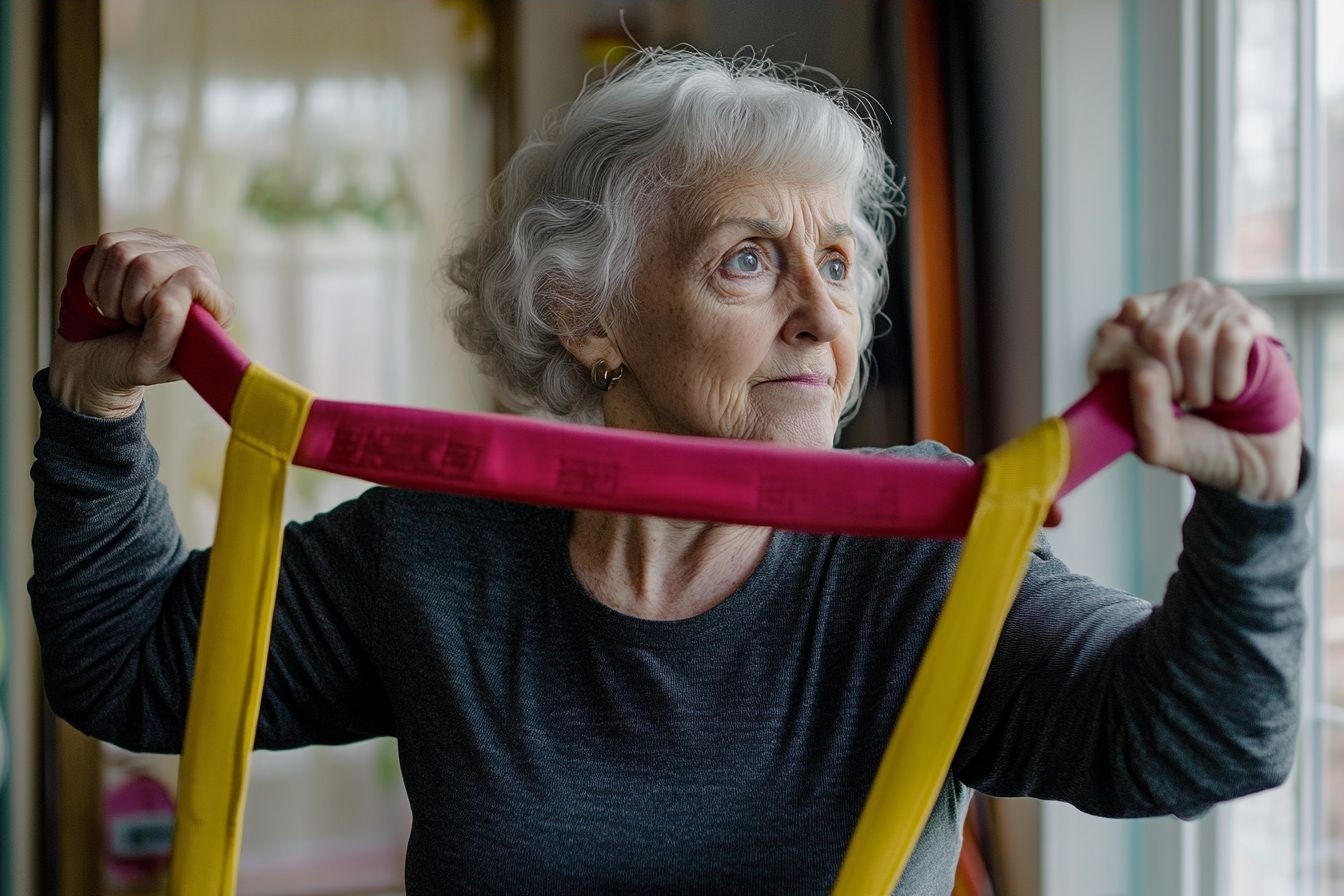Brain Training for Seniors: Strategies for Cognitive Function
As people age, maintaining mental agility becomes an important part of overall well-being. Brain training refers to deliberate activities and routines designed to support memory, attention, problem solving, and other aspects of cognitive function. For seniors, combining targeted mental exercises with healthy habits can help preserve skills used in daily life and may improve quality of life without promising cures or guarantees.

This article is for informational purposes only and should not be considered medical advice. Please consult a qualified healthcare professional for personalized guidance and treatment.
How can seniors approach brain training?
Seniors who want to incorporate brain training should start with realistic goals and varied activities. Short daily sessions—15 to 30 minutes—of tasks that challenge memory, processing speed, and executive function tend to be more sustainable than long, infrequent sessions. Balance structured programs (puzzles, computerized exercises) with informal practices (learning a new skill, social games). It can help to track progress and rotate activities so different neural networks are engaged. If available, look for community centers or local services that offer group classes designed for older adults to combine training with social interaction.
What lifestyle habits support brain health?
Lifestyle factors influence brain health across the lifespan. Regular physical activity, consistent sleep, balanced nutrition, social engagement, and stress management are all associated with healthier cognitive profiles. For seniors, managing chronic conditions (blood pressure, diabetes, hearing loss) and staying socially connected are especially relevant. Cognitive benefit often emerges from combinations of habits rather than any single change, so integrating movement, mentally stimulating hobbies, good sleep hygiene, and meaningful social contact offers a practical, holistic approach to supporting brain health.
Which exercises improve cognitive function?
Cognitive function can be engaged through a variety of exercises that target different skills. Memory drills, such as spaced recall and mnemonic practice, help recall and retention. Attention and processing speed can be trained with timed tasks, pattern recognition, or dual-task activities. Problem-solving and planning are challenged by strategy games, learning new languages, or taking on projects that require organizing steps. Mixing digital brain-training apps with analog activities like crossword puzzles, music practice, and crafts helps maintain motivation and ensures different cognitive domains are exercised.
Do drinks affect mental performance?
Hydration has immediate effects on concentration and alertness; even mild dehydration can reduce cognitive performance temporarily. Beyond water, some beverages contain caffeine or sugar that influence short-term attention and energy. Caffeine can improve alertness for many people but may disrupt sleep if consumed late in the day, which in turn affects longer-term cognitive health. Sugary drinks can lead to energy spikes and dips, and excessive consumption is linked to metabolic conditions that may indirectly affect cognition. For seniors, mindful beverage choices that support hydration and regular sleep patterns are advisable.
Can beverages support brain health?
Certain beverages offer nutrients relevant to brain health, but they are not a substitute for overall dietary quality. Drinks such as herbal teas, green tea, or berry-based smoothies provide flavonoids and antioxidants that researchers study for potential neuroprotective effects. Milk, plant-based alternatives, and fortified drinks supply protein, vitamin D, or B vitamins that contribute to general nutrition. Alcohol has dose-dependent effects and may impair cognition when used heavily; guidelines for moderate consumption vary, and reducing or avoiding alcohol may be appropriate for many seniors. Emphasize beverages that support hydration and overall nutrient intake as part of a balanced dietary pattern.
Conclusion
Brain training for seniors works best when it’s part of a balanced approach that includes physical activity, sound nutrition, social engagement, and attention to medical conditions that affect cognition. Practical programs combine brief, varied mental exercises with everyday habits—hydration, sleep, and meaningful activities—that promote cognitive function. Local services, community programs, and healthcare providers can help tailor an approach to individual needs. Outcomes vary by person, so realistic expectations and consistent, enjoyable practices are key to supporting brain health over time.






